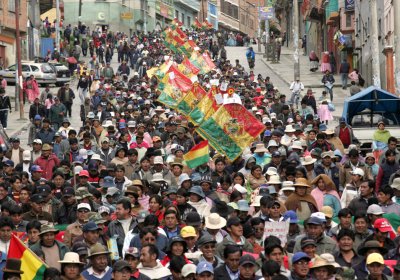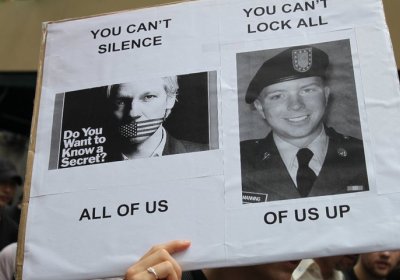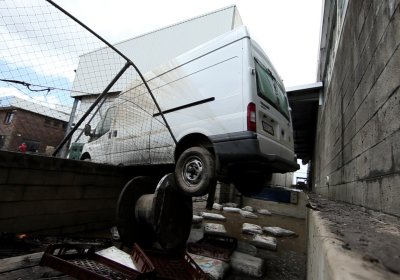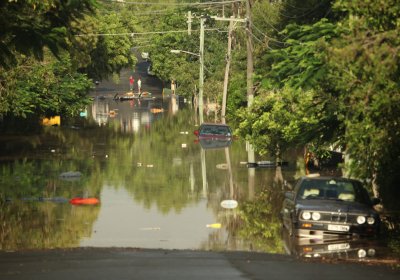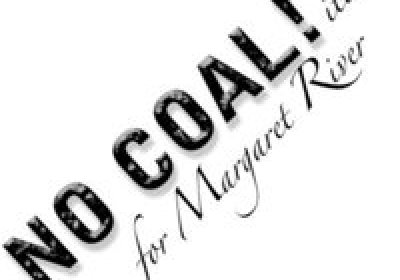On December 31, the Bolivian government of President Evo Morales repealed a decree, passed five days earlier, to remove subsidies for fuel.
The repeal came after protests and discontent at the resulting price increases from many of the government’s poor supporters.
“Why is the government making us suffer during these days … I don’t understand, I don’t understand”, Carla, a housewife in El Alto told Radio Atipiri on New Years Eve.
865
Britain: Goldman Sachs gives huge bonuses
“Bankers were accused of ‘sticking two fingers up to austerity Britain’,” the British Guardian reported on January 19, “after it was revealed that [Wall Street bank] Goldman Sachs had handed its staff a £10bn payday as new figures showed unemployment among Britain's young people had hit its highest level since modern records began”.
The article said data from the Office for National Statistics showed that one in five people under 25 were out of work by the end of November last year — a total of 951,000 people.
On December 10, surrounded by union leaders and foreign dignitaries, President Evo Morales announced Bolivia’s new pension law at the headquarters of the Bolivian Workers Central (COB), the country’s militant national trade union federation.
The unprecedented and highly symbolic event was the result of a four-year negotiating process, during which the COB agreed to suspend its mobilisation for higher wages in exchange for comprehensive pension reform.
There are more revelations than you can count in the now-infamous Wikileaks cables — a fact highlighted by the arrest and extradition attempts against Wikileaks editor-in-chief Julian Assange.
But here’s another one that’s been buried, and it definitely hammers home the need to defend not just Wikileaks, but freedom of speech in general.
Acting Nepali Prime Minister Madhav Kumar Nepal has argued that bullets, explosives and other munitions no longer constitute “lethal military hardware” as long as they are to be used for “training and other related works”.
MK Nepal was seeking to justify the decision to allow India to resume arms supplies to Nepal. He has never been elected and came to power after the Maoist-led government was brought down by a soft military coup in 2009.
The flood disaster that struck three-quarters of Queensland over the past month and then spread to Victoria and Tasmania is the worst overall flood catastrophe in recorded Australian history. It has also inspired a massive outpouring of public sympathy and solidarity.
The disaster has shown in practice the huge potential for ordinary people to mobilise in support of fellow human beings in need of help.
Tens of thousands of Brisbane residents volunteered to help people whose homes had been flooded by the raging Brisbane River, especially over the weekend of January 15-16.
The message below from ABC broadcaster and journalist Phillip Adams was read out at the January 15 Defend Wikileaks rally in Sydney.
* * *
First right-wing bloggers called for Julian Assange's assasination. Now voices in Washington want “the death penalty on the table” if they can get him into a US court. I'm proposing we put him up for sainthood — but after Wikileaks’ leaks on the Vatican that may be out of the question.
Time magazine chose to crown Facebook creator Mark Zuckerberg as its Person of the Year for 2010. But for so many people, it was Julian Assange, who won the popular vote, who was more definitive of the year that was.
The Queensland flood crisis is a national emergency that requires urgent action.
Socialist Alliance Queensland co-convener Ewan Saunders told Green Left Weekly that the "Gillard government should call Australia’s soldiers back from the war in Afghanistan to help with tackling the flood crisis and its aftermath".
Saunders said the billions in taxpayer dollars wasted on the Afghanistan war should instead be spent on flood recovery work.
Testimony to the NSW upper house inquiry into the sale of NSW’s electricity assets has alleged that only a fraction of the $5.3 billion price tag will reach the public purse. Billions will be eaten up by “associated costs”.
These costs include about $1.5 billion in government funds to buy a new coal mine north-east of Lithgow to ensure a cheap coal supply for the new private owners. A further $1 billion in coal price subsidies is guaranteed to the private energy companies over the life of the mine.
If a city drowns beneath a once-in-a-hundred-years flood, that's weather. Such things have happened in the past.
But when hundred-year floods start happening every few decades, that's no longer just weather. The dice have become loaded for different outcomes. Climate — that is, the average of weather — is changing.
So let's get down to the question everyone's asking. Were this summer's floods the result of climate change?
The Environmental Protection Authority (EPA) has delayed its decision on the controversial new coalmine proposed for Margaret River in Western Australia.
The EPA decision was expected early January. Yet it has chosen to give the mining company LD Operations more time to provide more information. The EPA chairperson is now expected to make a decision at the end of February.
- Previous page
- Page 2
- Next page
